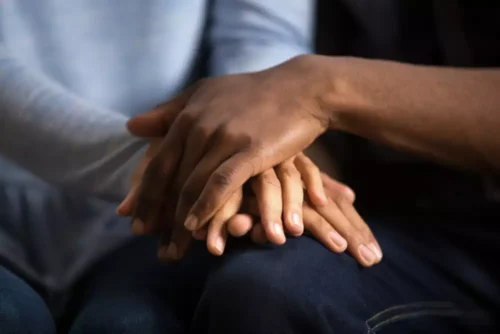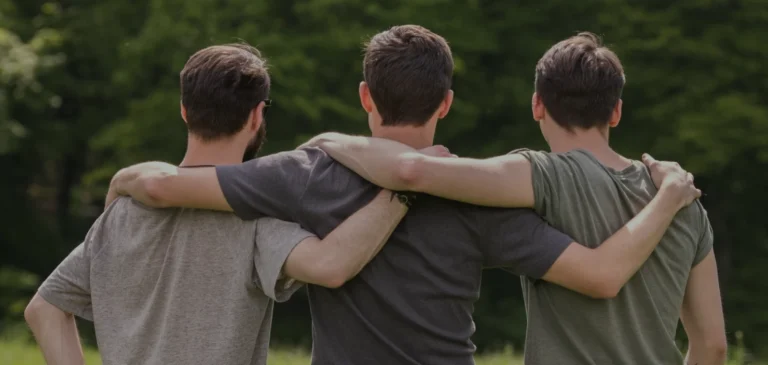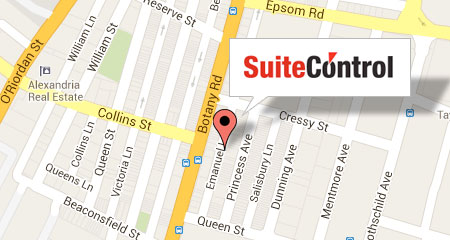Dear Annie: Tips for staying sober, from a recovering alcoholic

It’s important to note that making amends is for the person we hurt. Yes, we partake in the process to “clean up our side of the street,” but we do not make amends to clear our conscience or undo our feelings of guilt. If someone does not want to hear from us, we respect that and do our best to move forward with our recoveries. https://ecosoberhouse.com/ Recovery support groups and individual therapy can help you if you are struggling to make amends or accept the responses of others. A sponsor or therapist can help you talk through your choices, determine the best course of action for making amends, and consider how your actions may affect others as you seek to make amends.
What Constitutes Harm?
You may feel uneasy and worry about whether you can actually make amends, but forget about this for the moment. Seeing this list helps you understand the impact you have on the world around you, the responsibility you have and will hold you accountable for dealing with it. And that willingness to make amends what is a living amends will be essential when you’re ready to go on to Step 9. I also realized that in my childhood, that I had blamed my Dad for things my Mom actually caused by trying to get him to stop drinking. For years he had been drinking and she started later in my life, so I also blamed his actions for making her drink.

The New York Times
- And remember, if you are feeling ashamed about mistakes made and damage done during your using days, you are not your disease.
- He then went on to be the Chief Medical Officer at Wellington Regional Medical Center for an additional seven years until resigning from his position in 2013 and started Addiction Medicine.
- If not, don’t proceed until you know Step 7 is really complete.
- Humility in daily practice means never seeing yourself as more important than you are.
- As in many harms done, I found that it just wasn’t “I” who had it all twisted up.
- This can be an excellent prompt for your Step 8 worksheet, but it should expand beyond that worksheet if possible.
We can’t know for certain how another person will respond—or even how the interaction might affect us emotionally. So be sure to talk with your sponsor and/or support group about your plan in the event that you need support. Describes who A.A.s are and what they have learned about alcoholism. Has helped millions recover from alcoholism – to get sober and stay sober. Is an enduring program of recovery based on one alcoholic sharing their experience, strength and hope with another. You can just sit and listen and learn more about recovery, or you can share about your situation.
Twelve Steps and Twelve Traditions ASL – Step Ten
Humility in daily practice means never seeing yourself as more important than you are. In step 4, you made a catalog of your past, and in step 6, you admitted them and released yourself from the guilt and shame. In step 8, you ask God, or another higher power, for forgiveness. Step 5 is about taking the moral inventory made in step 4 and admitting first to God, next to yourself, and last to another person. This virtue is easy to understand when it comes to practicing it on a daily basis. In recovery, not every moment will be positive, but if you keep that hope and faith alive, you’ll come back out on the other side.

However you make your list, be sure you don’t restrict or censure yourself. You can even include your own name to acknowledge the self-harm you’ve caused and want to heal. This was a good start for me but there were still a lot of “I’s” as I experienced this step. As with all the steps I have found for me, that as time moves on they reveal more and more to me.
- Step 4, which involves documenting every mistake you’ve ever made, is clearly tied to courage.
- In recovery, not every moment will be positive, but if you keep that hope and faith alive, you’ll come back out on the other side.
- For over 20 years Dr. Umhau was a senior clinical investigator at the National Institute on Alcohol Abuse and Alcoholism of the National Institutes of Health (NIH).
I cannot go back and change the past, but I can take responsibility for my actions. Each day I ask my Higher Power for the strength to help me stay sober and live responsibly and with honesty. I hope you can find it in your heart to forgive me, but if not, I understand. Direct amends are not always possible or practical, but that doesn’t mean the individual is unable to demonstrate changed behavior. Volunteering for a worthwhile cause or supporting a charity can be a valuable way to make amends. Yet, to be truly successful at forgiving and releasing past wrongs, you need to go directly to the individual you’ve hurt.

What’s the Difference between Making Amends and Offering an Apology?
We admitted we were powerless over alcohol — that our lives had become unmanageable. It’s not one we use too frequently in our everyday language, but it still holds significant meaning. To make amends means to apologize for something you have done or for wronging someone in some way. It means mending, or (quite literally) fixing, the relationship. It’s important to have a plan in place before we reach out.
We do not receive any commission or fee that is dependent upon which treatment provider a caller chooses. Your efforts to make amends may not always go as well as you hope. Try not to respond with anger or defensiveness if others aren’t responsive to your efforts. They have been hurt by your actions, and they may not be willing to forgive and forget. They may have been hurt in ways that you were not able to identify when preparing to make amends.








